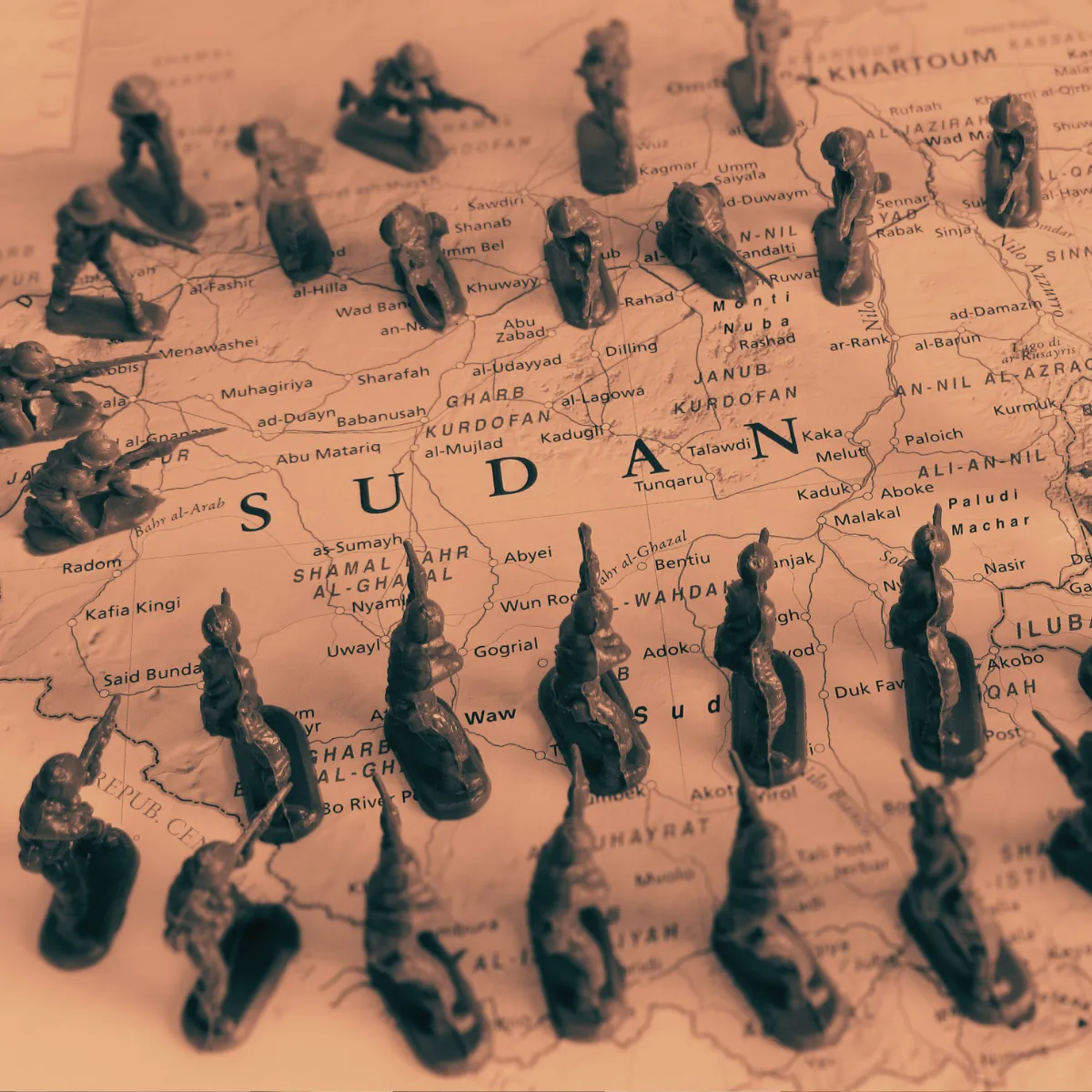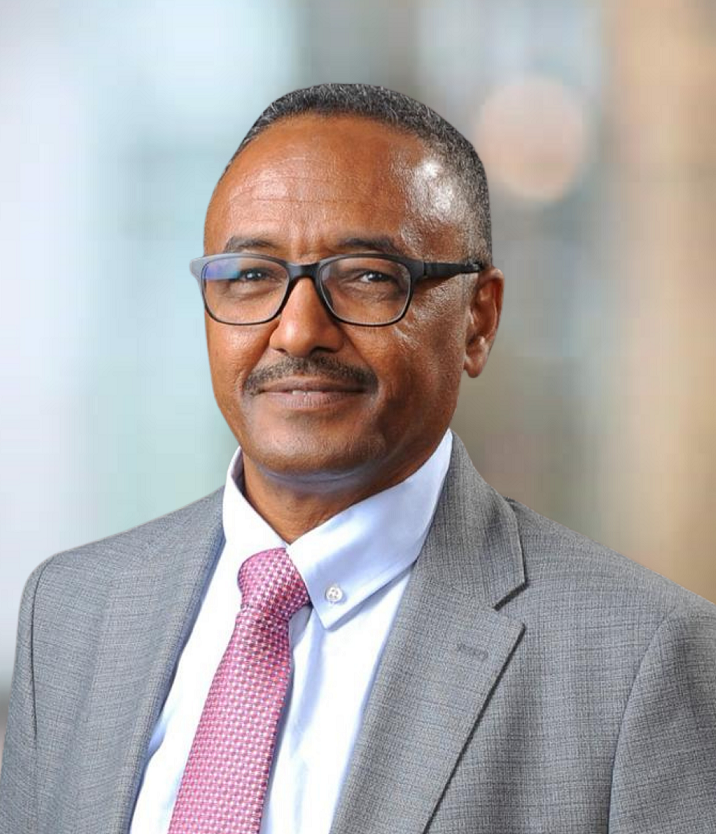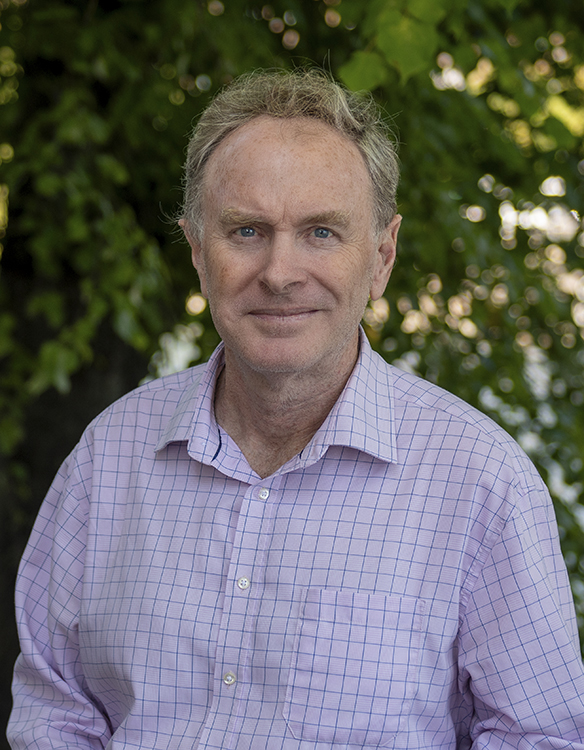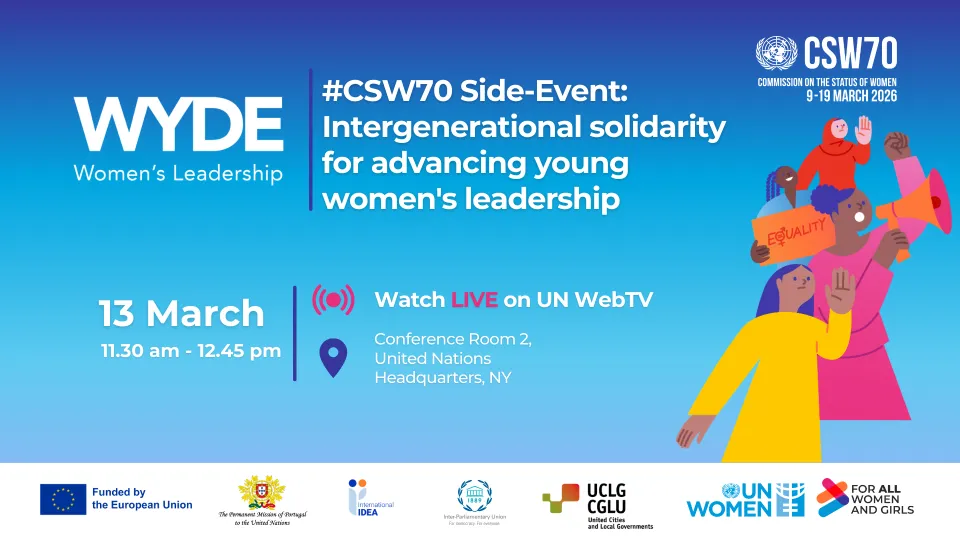New report: The Pros and Cons of the Regional Inititaives to Stop the War in Sudan

International IDEA’s new report titled “The Pros and Cons of the Regional Initiatives to Stop the War in Sudan” sheds light on the ongoing conflict in Sudan. The report analysis, examines and addresses the root causes of the conflict in Sudan.
Since its independence in 1956, and for a period of more than half a century, Sudan has been suffering from civil wars and armed conflicts against the ruling authority. The ferocity of these wars increases under military governments, whose generals believe that they can subjugate opponents by force of arms and military oppression. Despite the short-lived democracies that Sudan experienced, these experiences provided incentives against war and momentum to establish a dialogue for sustainable peace. Despite all these efforts, the Sudanese failed to establish a dialogue for peace, with the exception of certain initiatives by regional organizations that sought to resuscitate negotiations for sustainable peace in Sudan. Did these regional organizations and initiatives succeed in stopping the war and building sustainable peace in Sudan? Can these organizations and initiatives contribute effectively to stopping the war that has been going on since April 15, 2023?
To answer these questions and to help pave a roadmap towards peace and political stability in Sudan, the Sudanese Experts and Facilitators Group (SEFG), a nonpartisan group of prominent Sudanese nationals including civil society activists, public figures and academics, convened an online symposium with support from International IDEA on 28 August 2023, and organized a seminar entitled “The Pros and Cons of the Regional Initiatives Stop the War in Sudan”. Three international experts on peacebuilding presented their rich ideas and experiences: Dame Rosalind Marsden, an associate fellow at the Royal Institute of International Affairs (Chatham House), Dr Suliman Baldo, executive director of the Sudan Transparency and Policy Tracker, and Dr L. Muthoni Wanyeki, executive director for Open Society—Africa. The seminar was facilitated and moderated by Maryam El Faki, a Sudanese youth leader in the Resistance Committee, from Khartoum.
In his keynote address, Dr. Suliman Baldo said that “These mediation initiatives and platforms must not compete but coordinate their efforts. Until this happens, Sudanese civic and political actors will work to form a critical and representative voice for civilians and develop the missing strategy for the political negotiations. These must start earnestly when the belligerents can uphold a sustainable and observable ceasefire.”
Unsurprisingly, all speakers agreed that throughout the times of their intervention, these regional organizations and initiatives did not succeed in presenting a successful trajectory for ending armed conflicts and establishing sustainable peace in Sudan. Notably, after the failure of some of these efforts, South Sudan seceded from Sudan, dividing the nation. One of the features of the crisis of these regional initiatives is that the very constituent nature of Sudan is disputed among the African Union, the League of Arab States, and IGAD.
“It is clear that regional initiatives to end this war remain on the back foot, not least because of an underlying racism positing that Sudan is not an ‘African’ problem but one of the Maghreb and Mashreq, even though the Maghreb is part of Africa too. This sentiment underscores much of the frustration within IGAD and the AU” as Muthoni Wanyeki said in her presentation.
A similar assessment was provided by Dame Rosalind Marsden, who spoke about conflicting regional interests in the current conflict in Sudan. She said, “Given the emergence of the Egyptian-led initiative, the need for closer coordination seems clear. But this raises the question of whether it is possible for all the mediators to be on the same page if they have different strategic interests and different views of the desired end state”.
Regional organizations can play an important role in resolving armed conflicts in Sudan. This role can be successful and has the potential to produce sustainable peace if the previous experiences of these regional organizations are critically reviewed and a strategy is developed to overcome the weaknesses and consolidate previous successes by bringing them in line with ongoing political developments in Sudan.





